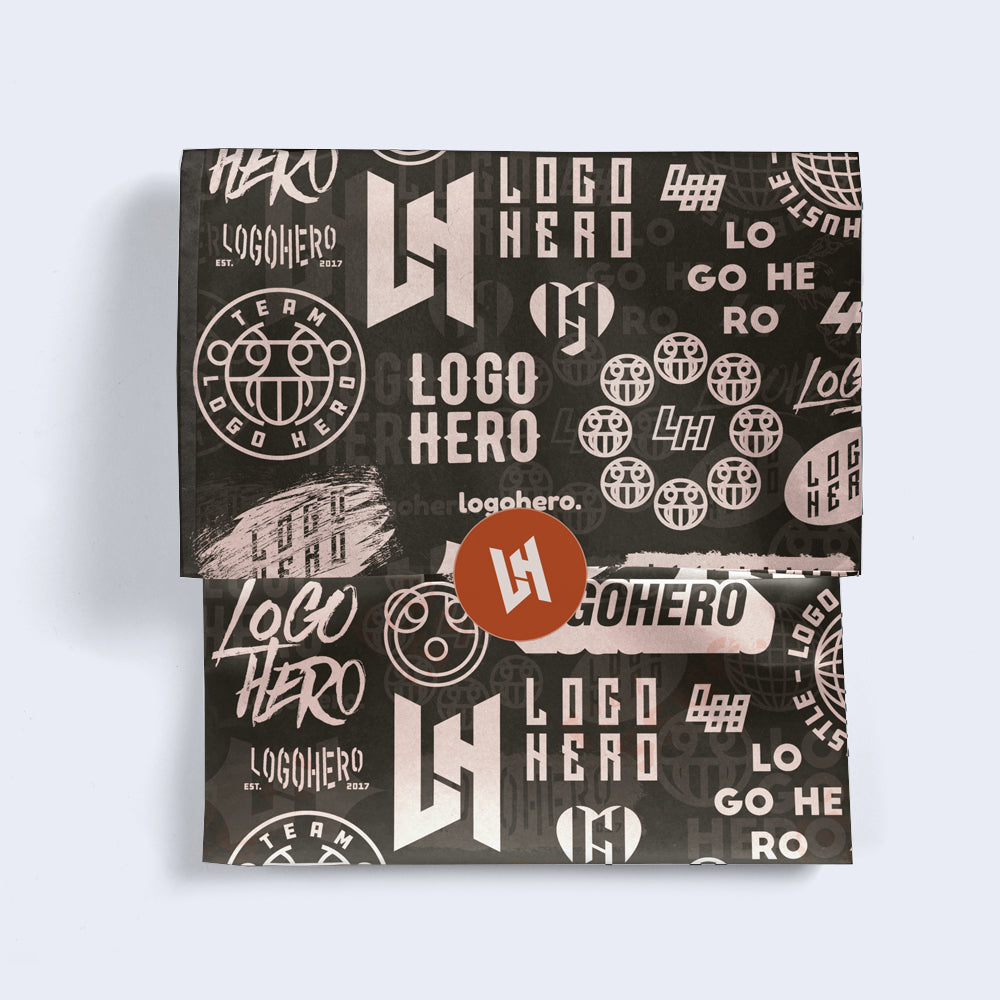The Rise of Custom Food Packaging A Blend of Functionality and Aesthetics
In today's increasingly competitive food industry, packaging plays a crucial role in attracting consumers and enhancing their overall experience. Custom food packaging has emerged as a vital component for businesses looking to distinguish themselves from competitors and connect with customers on a deeper level. This innovative approach not only serves practical purposes but also offers a platform for creativity and brand storytelling.
The Importance of Custom Food Packaging
Custom food packaging encompasses everything from the materials used to the design and branding elements incorporated into the packaging. As consumers become more health-conscious and environmentally aware, the demand for unique, sustainable, and functional packaging solutions has never been higher. Businesses are now recognizing that packaging is not merely a means to contain food but a powerful marketing tool that can influence purchasing decisions.
1. Brand Identity and Recognition Custom packaging allows businesses to establish a distinct brand identity. Unique colors, designs, and logos can make products instantly recognizable. For instance, think of iconic brands like Coca-Cola, whose distinct red-and-white color scheme is synonymous with their products. Custom packaging provides brands with the opportunity to communicate their values and mission visually.
2. Consumer Engagement Today's consumers seek more than just a product; they desire an experience. Custom food packaging can enhance the unboxing experience, making it memorable. Interactive elements, such as QR codes that lead to recipes or stories about the product’s origin, can engage customers in ways that traditional packaging cannot. This engagement fosters emotional connections, encouraging repeat purchases.
3. Sustainability The trend towards sustainability has prompted many brands to invest in eco-friendly packaging solutions. Custom packaging allows companies to select materials that are biodegradable, recyclable, or sourced from renewable resources. By aligning packaging with sustainability initiatives, brands can attract environmentally conscious consumers and demonstrate their commitment to reducing waste.
The Role of Technology in Custom Packaging
Advancements in technology have revolutionized the custom packaging landscape. Digital printing, for instance, has made it easier for businesses to produce small batches of custom packaging without incurring significant costs. This flexibility enables brands to test different designs, limited editions, or seasonal packaging without requiring a hefty investment in traditional printing.
custom food packaging

Furthermore, technology has improved the functionality of packaging. Innovations such as vacuum sealing, tamper-evident seals, and smart packaging solutions enhance food safety and quality, ensuring that consumers receive products that meet their expectations.
Trends in Custom Food Packaging
As we look to the future, several trends are shaping the custom food packaging industry.
- Minimalism Clean, minimalist designs are gaining popularity, appealing to consumers looking for authenticity and simplicity. Brands are opting for less cluttered packaging that focuses on core messaging, which resonates well with modern consumers.
- Personalization Consumers increasingly appreciate personalized experiences. Custom packaging that allows for individual names or messages can create a sense of connection and loyalty.
- Functional and Convenient Packaging As busy lifestyles prevail, functional packaging that is easy to use and transport is becoming essential. Features such as resealable bags or portion-controlled packaging cater to the convenience-driven consumer.
Conclusion
In conclusion, custom food packaging serves as an essential element for brands looking to thrive in a competitive market. With its ability to enhance brand identity, engage consumers, promote sustainability, and improve functionality, it is clear that the future of food packaging lies in customization. As trends evolve and consumer preferences shift, businesses that embrace innovative packaging solutions will be well-positioned to meet the demands of modern consumers and create lasting connections.



